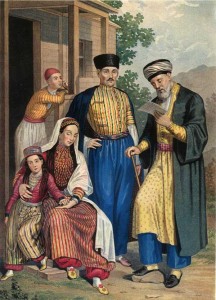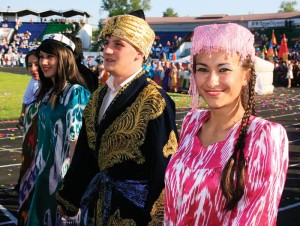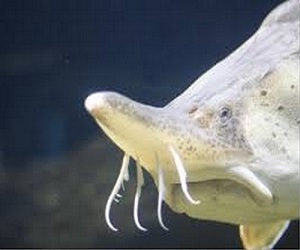Crimean Tartars, a factor in the fate of the Peninsula
Despite all the ethnic diversity of the Peninsula there has always been one people, the Crimean Tartars. In 1944 about 200,000 of them were expelled by Stalin and relocated in Central Asia republics, mostly Uzbekistan. Since the collapse of the Soviet Union Crimean Tartars have been returning home in large numbers.
Three waves of Tartar migration
The population of Crimea at the time of its accession to Russia in 1784 was about half a million people of which 92% were Crimean Tartars. By the end of the century its population had dwindled to just over 100,000. The expansion of the Russian Empire had caused massive migration to the lands of the Ottoman Empire.
The second wave of migration took place after the Crimean War from 1853 to 1856. The war arouse from the Russians demanding protection of their Orthodox Christians compatriots in the Ottoman Empire. Russia lost to an alliance of Britain, France, Turkey and the Austrian Empire.
The last migration wave was in 1944 when Stalin expelled 200,000 Crimean Tartars who were seeking to create their own state. According to soviet authorities the pretext for their deportation was their collaboration with the Germans during German occupation of Europe in World War II.
Crimean Tartars started coming back to their homeland in the late 80s, a few years before the collapse of the Soviet Union in 1991. In 1989 there were 38,000 and by 1999, 250,000 Crimean Tartars lived in the peninsula.
Political Power
The first time the importance of the “Tartar Factor” played a significant role was in 1991 when 80,000 Tartar votes supported a referendum on the independence of Ukraine from the Soviet Union. The repatriated tried to claim political rights and in 1991 they convened the National Congress of Crimean Tartars declaring the national sovereignty of the Crimean Tartar people.
By 1994 they occupied 16 seats in the Crimean Parliament protecting pro-Ukraine interests in a pro-Russia dominated Parliament.
Today Crimean Tartars represent 15% of the peninsula’s population and play an important factor in the pro-Ukrainian position.




